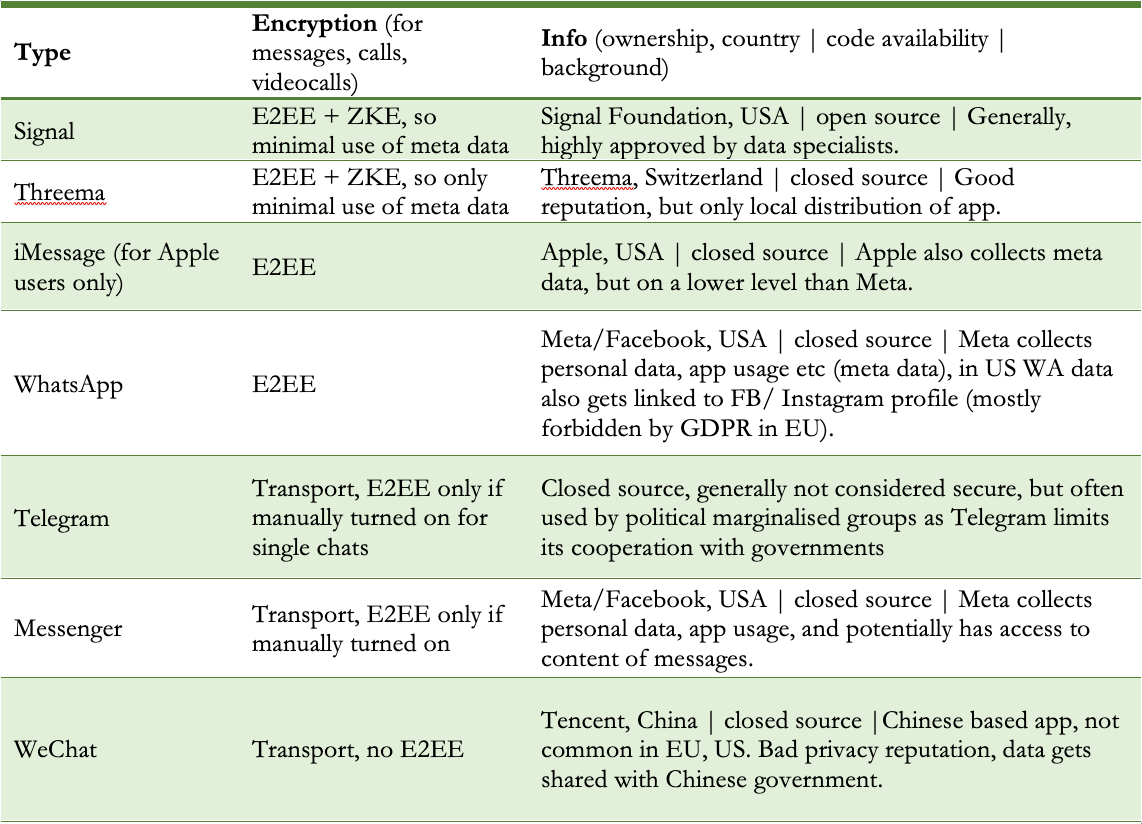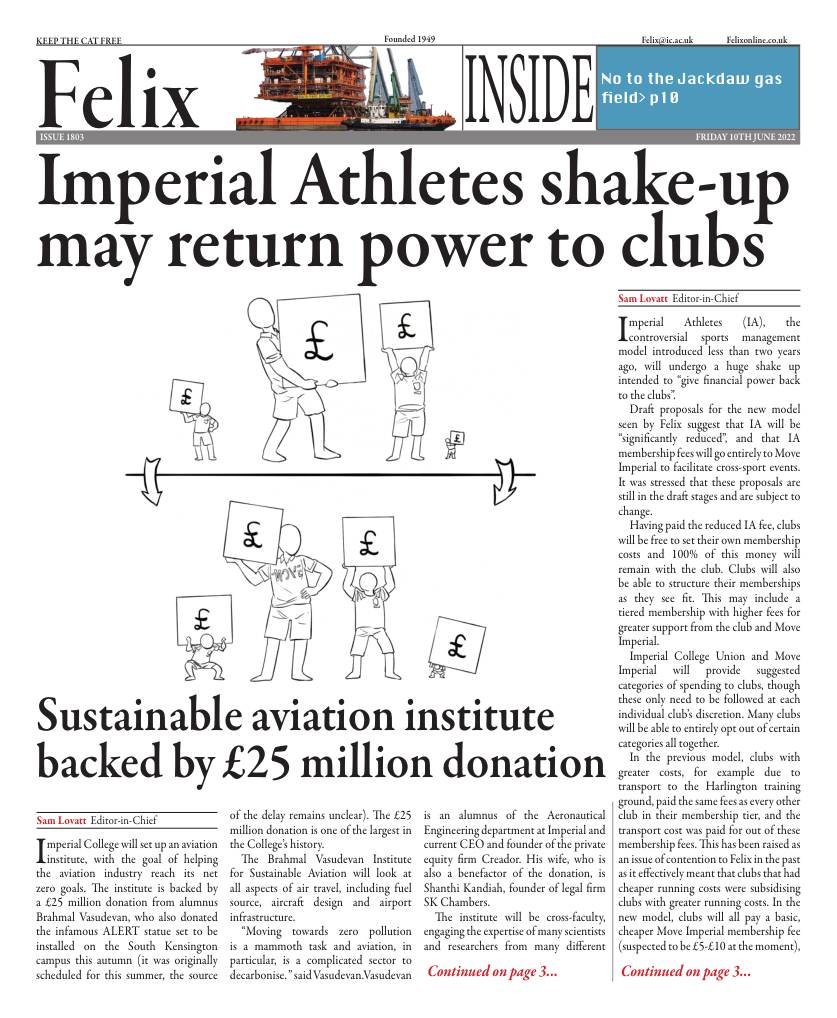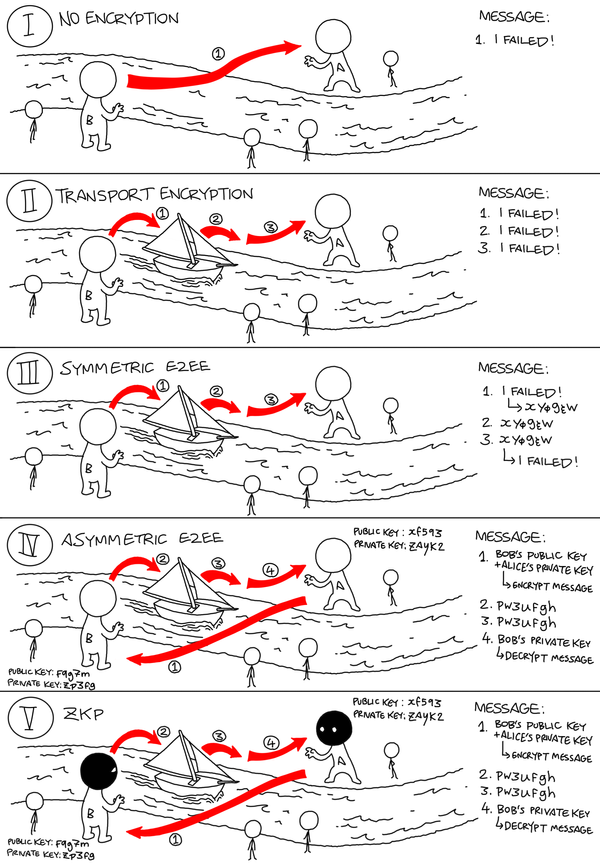How to secure your digital life
The final instalment of Marc Richly's series on encryption

Want to secure your the data in your daily life? Here is the long-awaited guide!
Messaging
Most of our communication nowadays happens via messaging apps, first and foremost WhatsApp (WA). These apps offer different level of security.
WhatsApp secures content data (i.e., the message itself), but shares meta data with other Facebook companies to enhance their services (limited in EU by GDPR).
A good alternative is Signal. Signal is owned by the non-profit Signal Foundation, which is heavily backed by WhatsApp co-founder Brian Acton. Alongside E2EE, Signal implements the zero-knowledge encryption (ZKE), reducing meta data to the bare minimum.
There are also other apps that have E2EE but are simply not that widely used and hence not recommended in this article; a messaging app is only attractive when others use it too.
This leads to the biggest problem with switching to alternative messaging apps: many of your friends may not be reachable on them.
If you can move your frequent communication (for example, with your closest friends and family) from data-hungry apps such as WA and Telegram to alternatives such as Signal (see table below), you can significantly improve the security of your digital life. Organisations like Meta (owner of Facebook and WhatsApp) will no longer have the same access to the meta data from your personal communications.
Most email providers such as Google and Outlook have implemented transport encryption as a standard. Nonetheless, Google, Outlook and other such providers can still read your messages (implying emails are in general less secure than say, WhatsApp).
There are two standards for E2E encryption of emails – S/MIME and PGP. The problem with these is that both – sender and recipient – need to install certificates first before one can start exchanging encrypted emails.
A good compromise is to encrypt at least email attachments with services such as Dracoon (dracoon.com). Here, instead of attaching a file to an email, you share a link. This is not only more secure, but also a great solution for larger files. You get up to 10GB of free cloud storage – and this can be E2E encrypted.
If you want to add S/MIME to your College email address, please get in touch with the ICT Service Desk or Google for S/MIME Imperial College.
Cloud
OneDrive, Dropbox, Google Drive are all similar in data security. Due to their scale, data on these platforms are generally well-protected against hackers and data leaks. Nonetheless, in theory, the companies themselves, and governments (in most countries by an official court order) can access the data, too.
A possible solution is to encrypt one’s data before uploading it. A good software package (freeware, open source) is offered by a German company, cryptomator.org.
Cloud companies can (and do) analyse meta data of your cloud usage. If this is a concern, you can also look out for smaller, privacy-focused cloud companies, such as dracoon.com (Germany-based), sync.com (UK-based), or tresorit.com (Switzerland based). There are lots of rankings on the internet. After a little research you can find cloud options you feel comfortable with and that you trust.
Hard drive
Losing your laptop or having it stolen can mean that your data is not only lost, but also that strangers might have access to it. Windows and Mac both offer system integrated encryption of data that in general offers a good level of protection.
If you want to go for an open-source option with advanced encryption methods, VeraCrypt (a software from 2013) is a popular standard. This especially makes sense for data you do not access daily (such as pictures).
Hope you liked the guide! Please let me know if you adopted some of the ideas (mar21@ic.ac.uk)! If you are more interested in securing your digital lives, here are two links: privacyguides.org and techlore.tech.
See the above options tabulated below
Neither the author nor Felix receive any income for any of the recommendations in this text. All opinions and recommendations expressed in the article are those of the writer and do not reflect the opinions of Felix.









